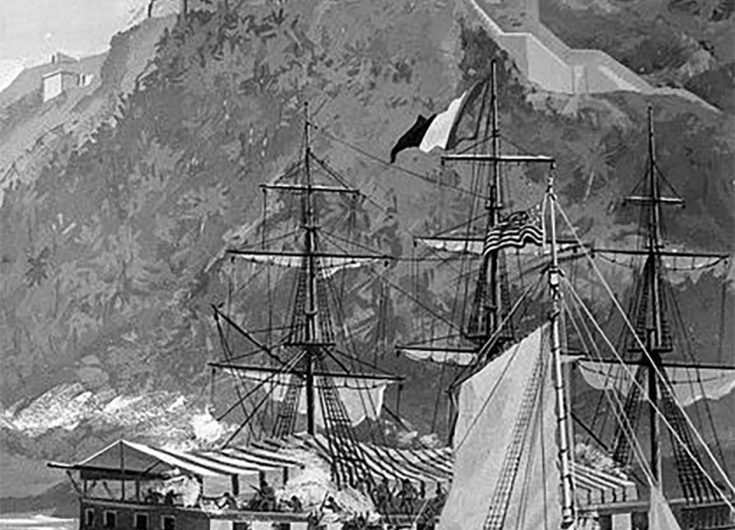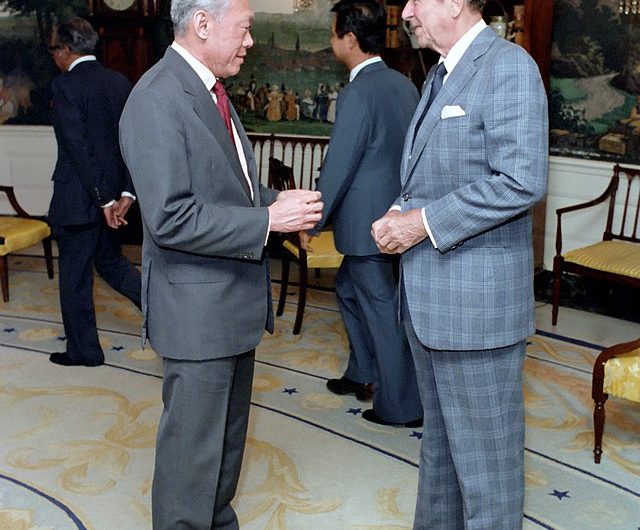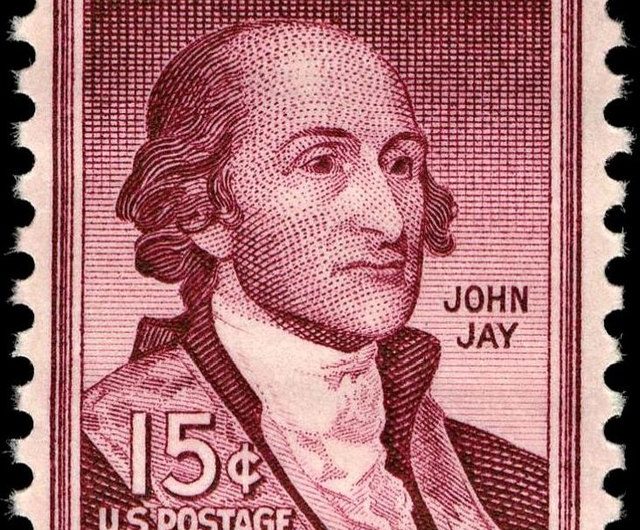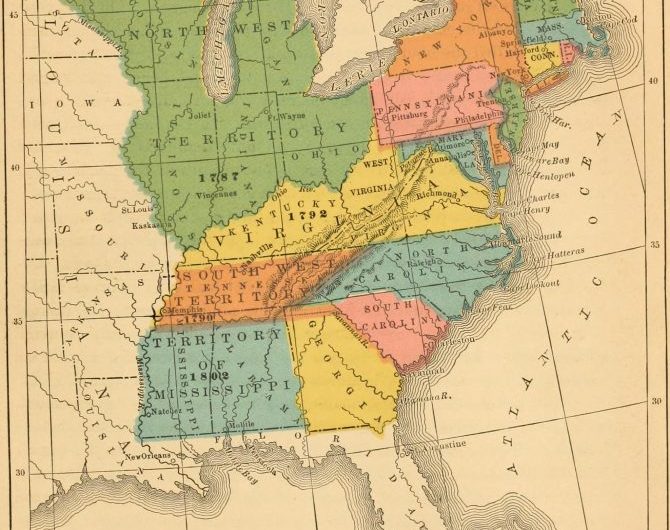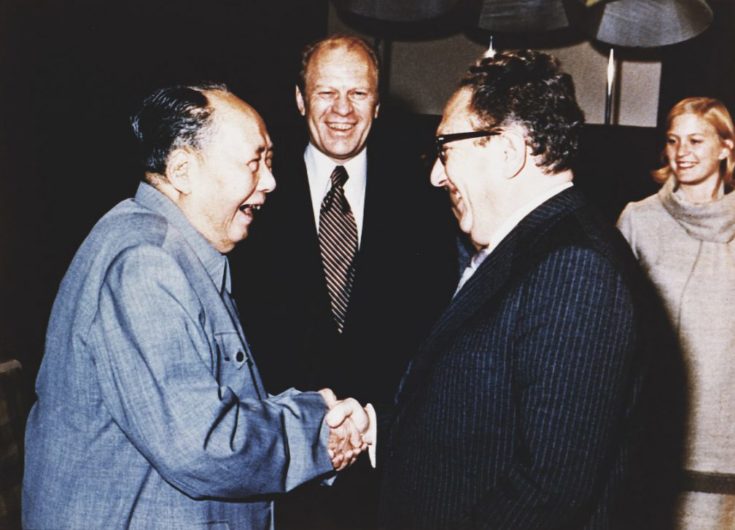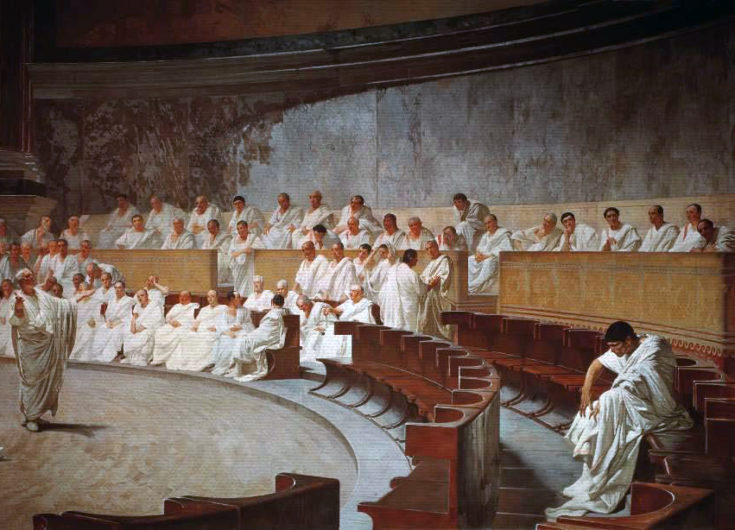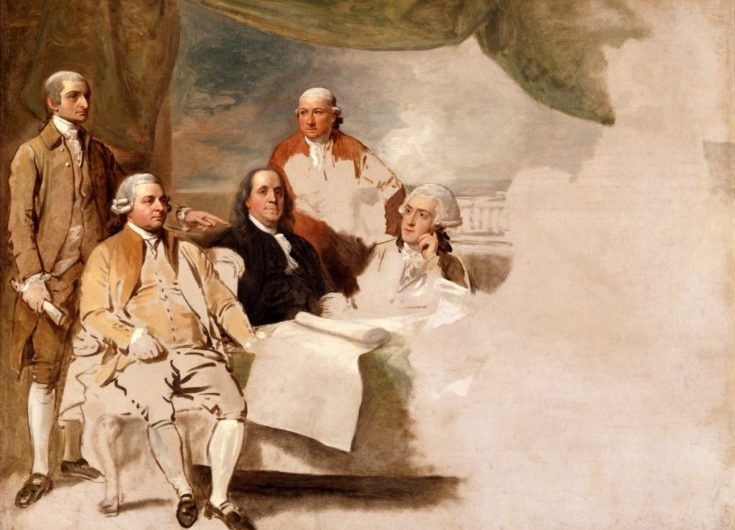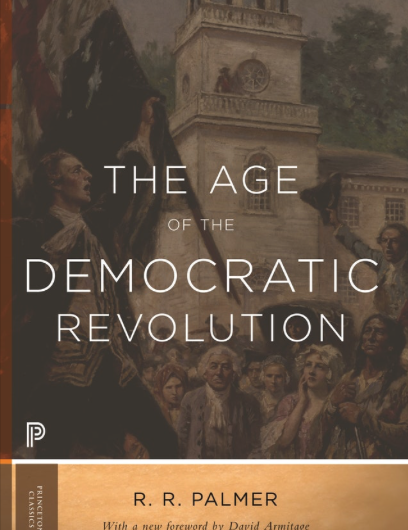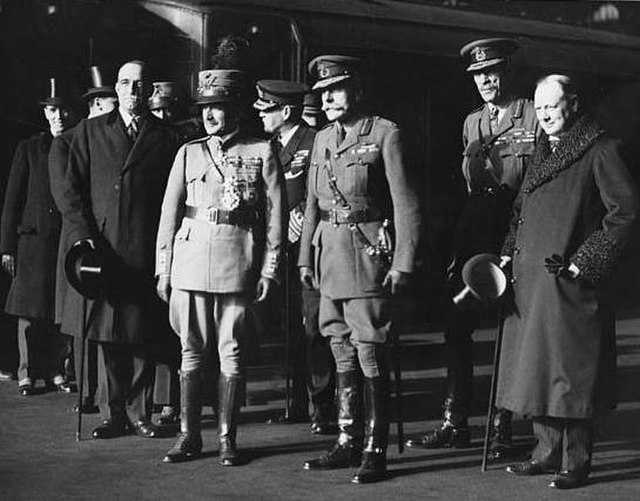

Churchill and the World Crisis
Churchill believes that, in trying retrospectively to untangle the complex knot of causation, it is critical to appreciate one primary, dynamic element – the deeply engrained Franco-German antagonism, a polarity that forced other nations, out of fear, opportunism, or both, to choose sides. Britain was the last and most reluctant great European power to do so, and even at the last moment it was not clear, to outsiders at least, whether her choice would hold.


